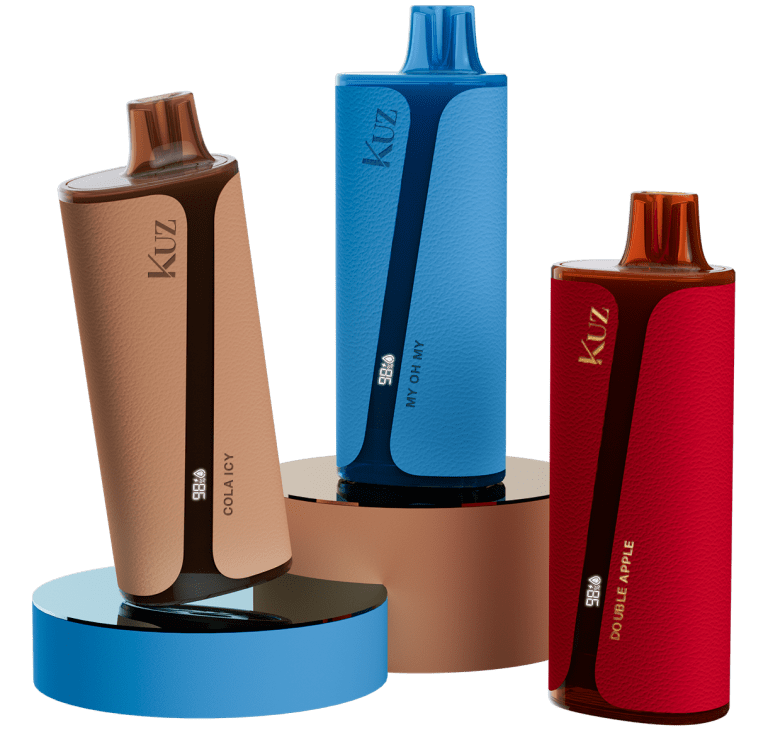When preparing for a fasting blood test, the instructions from your healthcare provider are clear: abstain from eating, drinking, and consuming anything other than water for a specified period, usually between 8 to 12 hours. But what about vaping? Can a quick puff really affect your blood test results? Unfortunately, the answer is yes. Vaping before a fasting blood test can lead to inaccurate results, and here’s why.
How Vaping Affects Blood Tests
Vaping introduces nicotine and other chemicals into your bloodstream, which can have several effects on your body’s systems. Nicotine is a known stimulant that can increase heart rate and blood pressure, but its impact on blood glucose levels and liver enzymes is particularly concerning for blood tests. Studies show that nicotine can elevate blood glucose levels, which could lead to misleading results, especially if you’re being tested for diabetes or other metabolic conditions.
Moreover, nicotine’s effect on liver function is well-documented. It can cause the liver to produce higher levels of certain enzymes, skewing the results of tests that assess liver health. This is particularly problematic because such tests are often used to monitor the progression of liver diseases or the effectiveness of treatments.
Chemicals in Vape Juice and Their Impact
It’s not just the nicotine that poses a problem. Vape juices often contain a mix of chemicals, including formaldehyde, propylene glycol, and vegetable glycerin. These substances can further alter your blood test results. For example, propylene glycol can affect the concentration of hemoglobin and hematocrit, while vegetable glycerin may increase triglyceride levels. Such alterations can lead to misdiagnoses or the need for retesting, both of which can be stressful and costly.
Why Fasting is Critical
The purpose of fasting before certain blood tests is to ensure that your blood sample reflects your body’s baseline state, free from the immediate effects of food, drink, or other substances. By introducing nicotine and other chemicals through vaping, you compromise this baseline, leading to results that may not accurately represent your health status. For instance, if you’re undergoing a lipid panel to check your cholesterol levels, vaping could cause your triglyceride levels to appear higher than they actually are, potentially resulting in a false diagnosis of hyperlipidemia.
Preparing for Your Blood Test: Best Practices
To ensure the most accurate results from your fasting blood test, it’s best to avoid vaping, smoking, or using any nicotine products during the fasting period. Stick to water only, and consult your healthcare provider if you have any questions about your medications or other substances that might affect your test results.
If you find it difficult to abstain from vaping, consider speaking with your doctor about nicotine replacement options that won’t interfere with your blood test. The temporary discomfort of skipping your vape session is a small price to pay for accurate and reliable health information.
Conclusion
While vaping may seem harmless, its effects on fasting blood test results can be significant. The chemicals in vape juice, including nicotine, can skew various health markers, leading to inaccurate readings and potentially impacting your treatment plan. By avoiding vaping during the fasting period, you can ensure that your blood tests provide a true reflection of your health, allowing your healthcare provider to make the best decisions for your care.
This article is not only a guide for those who vape but also a reminder of the importance of following all pre-test instructions to the letter. Your health is worth the effort, and accurate test results are a key part of maintaining it.



